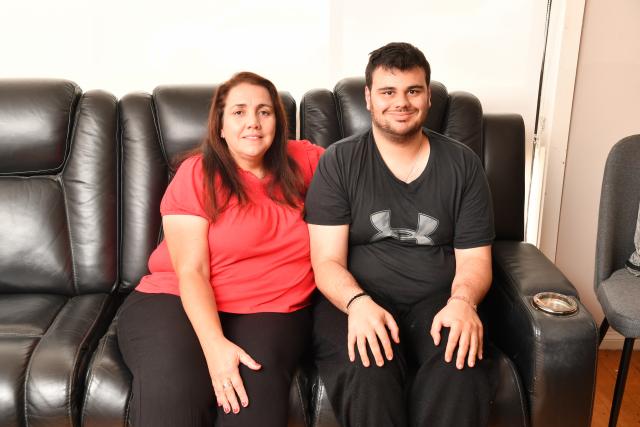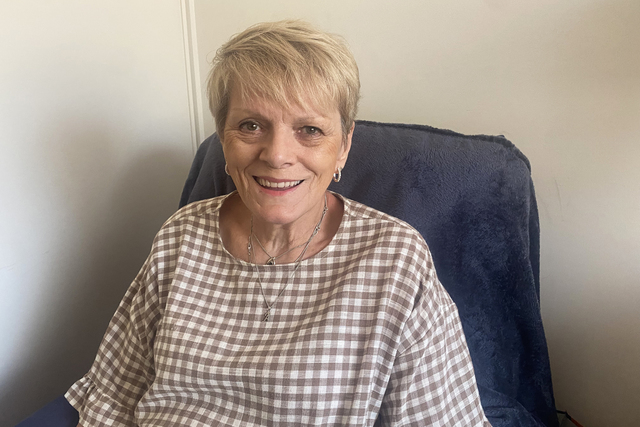A local disability advocate is calling on the state government to allocate more resources to alleviate the burden on families navigating mental health services.
When Keilor Downs resident Despina Havelas attended Sunshine Hospital over the AFL Grand Final weekend with her son Kon, she said she was left ‘disappointed’ after finding out that the hospital’s Disability Liaison Service did not operate on weekends.
Ms Havelas said her son has Autism and struggles with his mental health.
“Someone who has a disability is not able to pause their disability on the weekends. Mental health also does not stop on the weekends,“ Ms Havelas said.
The Disability Liaison Service was established to provide support for people living with disability aimed at providing safer, accessible and more inclusive care. The service seeks to improve health outcomes, shorten length of hospital stays, reduce re-admissions and improve overall patient experience for people with a disability.
Despite interacting with a social worker and undergoing medical assessments, Ms Havelas said she found herself lacking a concrete plan for Kon’s ongoing care, and was frustrated at the absence of a professional versed in mental health and disabilities.
“We would have preferred if Kon was speaking to a person that is trained to follow up his needs in mental health and disabilities,” she said.
“Unfortunately the information [we were given] was very general… the expectation was left for my son to follow up services.”
Ms Havelas said the state government needs to immediately increase the funding support available to hospitals to allow weekend support for the Disability Liaison Service at Sunshine Hospital which currently only operates from 8.30am-4pm, Monday to Friday.
“There is a new wave of people with disability who can’t be supported properly in a hospital – that’s a red flag for me,“ she said.
“The state government is wasting a lot of valuable time not educating the parents or carers on how the system works once you are new to the mental health space.“
Ms Havelas described navigating the mental health space as an ‘endless maze’ of information, leading to burnout for carers.
“The state government needs to understand that mental health and disabilities is not just a federal issue,“ she said.
“Waiting lists for mental health are between three to six months for a young person to be seen in Brimbank. That needs to be addressed now, not years away.”
Ms Havelas has penned a letter to Health Minister Mary-Anne Thomas to bring the matter to her attention.
“I would like to highlight the gap in your services to properly link people with autism and mental health to get basic support when attending a hospital,” the letter reads.
“I want to know what plans you have to extend the [hospital] team’s operating hours to support people with autism and mental health. “Currently you have created a barrier in terms of support. I want to raise awareness as this is not acceptable.”
A letter has also been sent to Mental Health Minister Ingrid Stitt who is also the representative for the Western Metropolitan Region which covers Keilor Downs, requesting a meeting to discuss her experience.
A state government spokesperson said the Disability Liaison Officer (DLO) program was established to improve health care accessibility for people with disabilities
“We know it can be difficult for people with a disability to navigate the health system and all health services have a responsibility to be accessible and inclusive – it’s why we established the Disability Liaison Officer program in 2020,” the spokesperson said.
Western Health, Minister Thomas and Minister Stitt were each contacted for comment.







